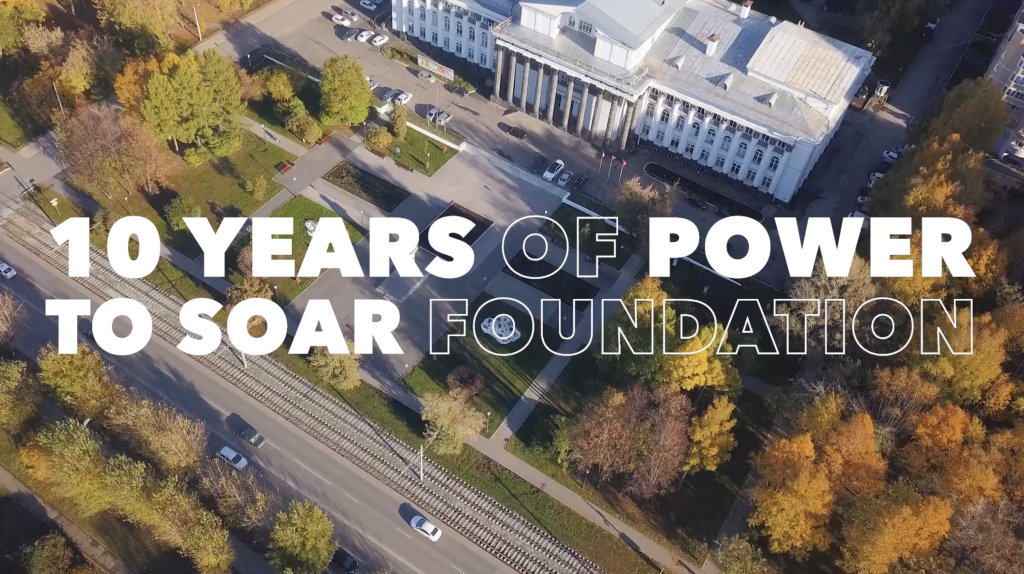Are you considering opening your home to a foster child but unsure about the age requirements? You’re not alone. Many prospective foster parents wonder about the age criteria necessary to provide a safe, nurturing environment for children in need. In most states, the minimum age to become a foster parent is 21, but some organizations might prefer candidates over 25. This article will break down these age requirements and other essential criteria you need to meet.
Beyond age, you’ll learn about additional prerequisites like health, marital status, income, and housing conditions. Understanding these guidelines will help you prepare for the rewarding journey of foster parenting. Whether you’re married or single, owning or renting, it’s crucial to know what’s expected to create a loving temporary home. Dive in to discover if you’re ready to make a life-changing impact on a child’s life through foster care.
Key Takeaways
- The minimum age requirement for becoming a foster parent in most states is 21, with some flexibility for younger candidates in certain areas, like Virginia and New Jersey, where the minimum age can be 18.
- In addition to age, aspiring foster parents must meet several other criteria, including possessing financial stability, completing background checks, and providing a safe and nurturing home environment.
- Licensing as a foster parent involves attending mandatory training sessions and undergoing a comprehensive home study to ensure preparedness for the role.
- Age can influence a prospective foster parent’s eligibility and readiness, with older individuals often offering greater life experience and emotional maturity.
- Continuous training and ongoing education are essential for foster parents, helping them adapt to meet the evolving needs of foster children and ensure a supportive caregiving environment.
Table of Contents
How Old Do You Have to Be to Become a Foster Parent?
In the United States, the minimum age to become a foster parent usually falls at 21 years. Most states adopt this standard to ensure that foster parents have reached a level of maturity and stability. However, some states offer flexibility with the minimum age set at 18. In Virginia, for instance, you can apply to be a foster parent at this younger age. It’s crucial to evaluate your personal maturity and preparedness, especially if you’re close in age to potential foster children. Even if you’re legally eligible at a younger age, consider whether you can provide the necessary care and support a foster child requires. The primary goal remains to create a stable, nurturing environment for these children.

General Requirements for Foster Parents
Meeting certain general requirements is essential for those interested in becoming foster parents. These requirements ensure that individuals possess the qualities and resources necessary to provide a safe and nurturing environment for foster children.
Licensing and Certification
Acquiring a foster care license involves multiple steps. You’ll start by attending an information session to gain insights into the fostering process. Afterward, you’ll fill out a pre-service application and participate in an initial interview. It’s important to note that pre-service training is mandatory and aims to equip you with the necessary skills for fostering. Finally, a home study evaluates your living conditions, examining factors such as your home’s safety and your ability to support foster children. Compliance with these steps leads to a successful licensing process.
Financial Stability
Demonstrating financial stability is crucial for foster parents. Providing a stable economic environment is vital, as it ensures you’re able to meet the daily needs of a foster child. A proof of income or a financial stability assessment might be required to verify your capability to manage household expenses alongside the additional responsibilities of foster care. Understanding the financial obligations beforehand helps in preparing for this rewarding yet demanding role.
Background Checks
Prospective foster parents must undergo comprehensive background checks. This process includes fingerprinting, criminal history reviews, and examining records of past interactions with social services. Such checks confirm that your household is free of risks that could harm foster children. Given the entrusted responsibility for a child’s welfare, these checks play a significant role in safeguarding foster children’s safety and well-being.
The Role of Age in Fostering
Age plays a significant role in determining suitability for foster parenting, with each state having specific age requirements. It’s important to understand how age influences eligibility to foster.
Impact on Eligibility
Age affects your ability to become a foster parent in various ways. Although many states set the minimum age at 21, others like Virginia and New Jersey allow individuals as young as 18 to apply. Your maturity and readiness are critical factors regardless of these minimum ages. States assess whether you’re capable of handling the responsibilities of fostering, ensuring the child’s well-being and safety. Additionally, there’s no upper age limit, provided you’re in reasonable health. Your physical and emotional health are examined to confirm you can meet the child’s needs.
Age-Related Benefits
Age brings certain benefits to foster parenting. Older foster parents often possess more life experience and emotional maturity, which can be advantageous in managing diverse child behaviors. These attributes allow you to offer guidance and stability. In some cases, there’s also increased financial stability for older individuals, which ensures the ability to provide adequately for foster children. Despite the age group you belong to, embracing the role of a foster parent includes assessing how your age and experience can contribute to a nurturing environment.
Training and Preparation
Training and preparation are crucial for anyone considering becoming a foster parent. Understanding the commitments and responsibilities ensures a suitable environment for foster children.
Required Training Sessions
Prospective foster parents must attend required training sessions. These sessions cover topics such as managing behavior, understanding trauma, and building attachment with foster children. The goal is to equip you with skills and knowledge to meet the diverse needs of children who’ve experienced abuse or neglect. Training often involves strategies for communication, handling crisis situations, and promoting resilience in children. Completing this training is essential for both your family’s readiness and the agency’s evaluation of your suitability as a foster parent.
Ongoing Education
Ongoing education is vital in adapting to the changing needs of foster children. After initial placement, you’ll engage in continuous learning to refine skills and stay updated on best practices in foster care. Many agencies offer workshops, online courses, and support groups to facilitate this learning. These resources help address emerging challenges and enhance your effectiveness in providing care. Continuous education ensures you’re informed and prepared to offer the most supportive environment possible for foster children.
Support and Resources Available
Embarking on the journey to become a foster parent is both challenging and rewarding. It’s important to utilize the support and resources available to you. Many agencies offer training sessions and workshops to help you prepare for the unique challenges of foster parenting. These sessions cover essential topics like managing behavior and understanding trauma, ensuring you’re well-equipped to meet the needs of foster children.
Additionally, support groups can provide a community of fellow foster parents who share experiences and advice. Don’t hesitate to reach out to these resources as they can be invaluable in helping you create a nurturing environment for your foster child. Remember, fostering is not just about meeting requirements; it’s about providing a stable, loving home for children in need. By taking advantage of the available support, you can make a significant positive impact on a child’s life.
Frequently Asked Questions
What is the minimum age requirement to become a foster parent?
The minimum age requirement to become a foster parent is typically 21 years old. However, some states and organizations, like Virginia, allow individuals as young as 18 to apply. It is important to evaluate personal maturity and preparedness, particularly if the prospective foster parent is close in age to the children they may foster.
Are there any other criteria to consider before becoming a foster parent?
Yes, prospective foster parents must consider several criteria including health, marital status, income, and housing conditions. They must obtain a foster care license, which involves attending an information session, completing pre-service training, and passing a home study to assess living conditions. Financial stability and comprehensive background checks are also essential.
Is there an upper age limit for becoming a foster parent?
There is no upper age limit for becoming a foster parent, provided the individual is in reasonable health. Age often brings life experience and emotional maturity, which can be advantageous in managing the diverse behaviors of foster children.
What type of training is required for prospective foster parents?
Prospective foster parents must complete mandatory pre-service training sessions that cover essential topics like managing behavior, understanding trauma, and building attachment with foster children. Ongoing education through workshops and support groups is also important to adapt to the changing needs of foster children.
How does financial stability play a role in becoming a foster parent?
Financial stability is crucial for prospective foster parents to ensure they can meet the daily needs of a foster child. Proof of income is typically required during the licensing process to demonstrate the ability to provide a stable, nurturing environment for the child.






